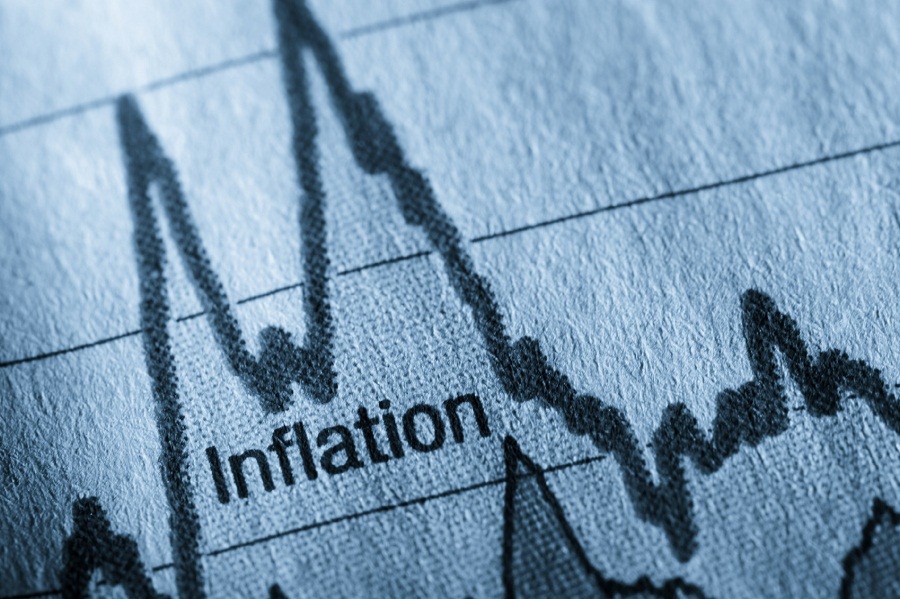THE economy is projected to grow by 4,6 percent next year, building on the ongoing reform initiatives and broader positive assumptions in the domestic sector and favourable global trade indicators, according to the Ministry of Finance and Economic Development.
Despite the prevailing economic headwinds linked to severe shocks related to climate change, Government, in its 2020 Pre-Budget Strategy Paper (BSP), is optimistic that the economy will regain solid footing next year with inflation also expected to drop significantly to a single digit on monthly basis.
The 2020 BSP is meant to guide and facilitate discussions on policy direction for the coming year's national budget, consistent with the objectives of the Transitional Stabilisation Programme (TSP) and aspirations of Vision 2030.
This year has not been good for Zimbabwe as the country suffered reduced agriculture yields, Cyclone Idai destruction, drastic drop in electricity generation and weakening of aggregate demand. These have had adverse effects on other sectors.
In view of these, Treasury projected the economy will contract by as much as -3% to -6% by end of 2019, as key industry operations are being crippled by the slow-down in electricity, water, agriculture and mining, through close linkages.
"However, in 2020, the economy is projected to turn around building on the success of the ongoing reform initiatives and premised on the following broader assumptions; improved rainfall season, which should enhance agriculture production and electricity generation with trickle-down effects to all other sectors, recovery in aggregate demand, improved foreign currency availability and improved macro-fiscal stability and business confidence. As a result, the economy is projected to grow by 4.6 percent in 2020," reads part of the document recently issued by Treasury.
While acknowledging the inflationary pressures, Government has attributed the trend to previous years' high money supply growth, driven by huge fiscal deficits. This gave rise to exchange rate misalignment, with further depreciation after the liberalisation of the exchange rate. As a result, Treasury said month on month inflation, which was at 10.8 percent in January 2019, had firmed up to 39,3 percent in June this year.
"With continued implementation of fiscal and monetary policy reforms and other structural policies, inflation on monthly basis is expected to stabilise around 10 percent by end 2019 and at 2.3 percent by end of 2020," said Treasury.
The ministry said the implementation of reforms outlined in the TSP was on course, with milestones on fiscal consolidation, monetary policy restoration, liberalisation of the foreign exchange market, structural and governance reforms, re-engagement, investment promotion and support for the productive sector.
"These reforms, present a strong foundation for economic rebound in 2020 and beyond," it said.
Consistent with projected Gross Domestic Product (GDP) growth of 4,6 percent and nominal GDP of ZWL$209,3 billion in 2020, Government expects to register revenue collection amounting to ZWL$24,8 billion (11,8 percent of GDP), while expenditures are estimated at ZWL$28.5 billion (13.6 percent of GDP).
"Of the total anticipated revenue, tax collections, are expected to increase to ZWL$23,8 billion in 2020 from ZWL$13,3 billion in 2019. Similarly, non-tax revenue is expected to surge to ZWL$948 million from ZWL$655 million," it said.
Zimbabwe's projected growth is in the context of anticipated global growth of about 3,5 percent in 2020, up from an expected 3,2 percent in 2019.
This expected improvement is largely due to accelerating growth in emerging markets and developing economies, which are offsetting a projected slowdown in advanced economies.
According to Treasury, the growth forecast for emerging markets and developing economies is seen at 4,7 percent in 2020, up from 4,1 percent in 2019.
Across sub-Saharan Africa, growth is projected to improve from 3,4 percent in 2019 to 3,6 percent in 2020.
Meanwhile, global trade is projected to recover and grow by 3,9 percent in 2020, up from an expected 3,4 percent in 2019. While the 2020 national budget would continue to consolidate macro-fiscal stabilisation gains made in 2019, Treasury said the thrust going forward will shift to growth and productivity, job creation, competitiveness and promotion of more sustainable and shared development.
- online
 OK Zimbabwe posts US$17,8 million loss
OK Zimbabwe posts US$17,8 million loss  Hichilema meets Chivayo
Hichilema meets Chivayo  Millions celebrate Diwali festival in India
Millions celebrate Diwali festival in India  Econet Zimbabwe to delist from ZSE
Econet Zimbabwe to delist from ZSE  Gold edges up as traders await guidance
Gold edges up as traders await guidance  Mnangagwa fires Chitando, appoints Polite Kambamura
Mnangagwa fires Chitando, appoints Polite Kambamura  Young Investment Professional (YIP) Graduate Programme 2019
Young Investment Professional (YIP) Graduate Programme 2019 











 Young Investment Professional (YIP) Graduate Programme 2019
Young Investment Professional (YIP) Graduate Programme 2019
Editor's Pick